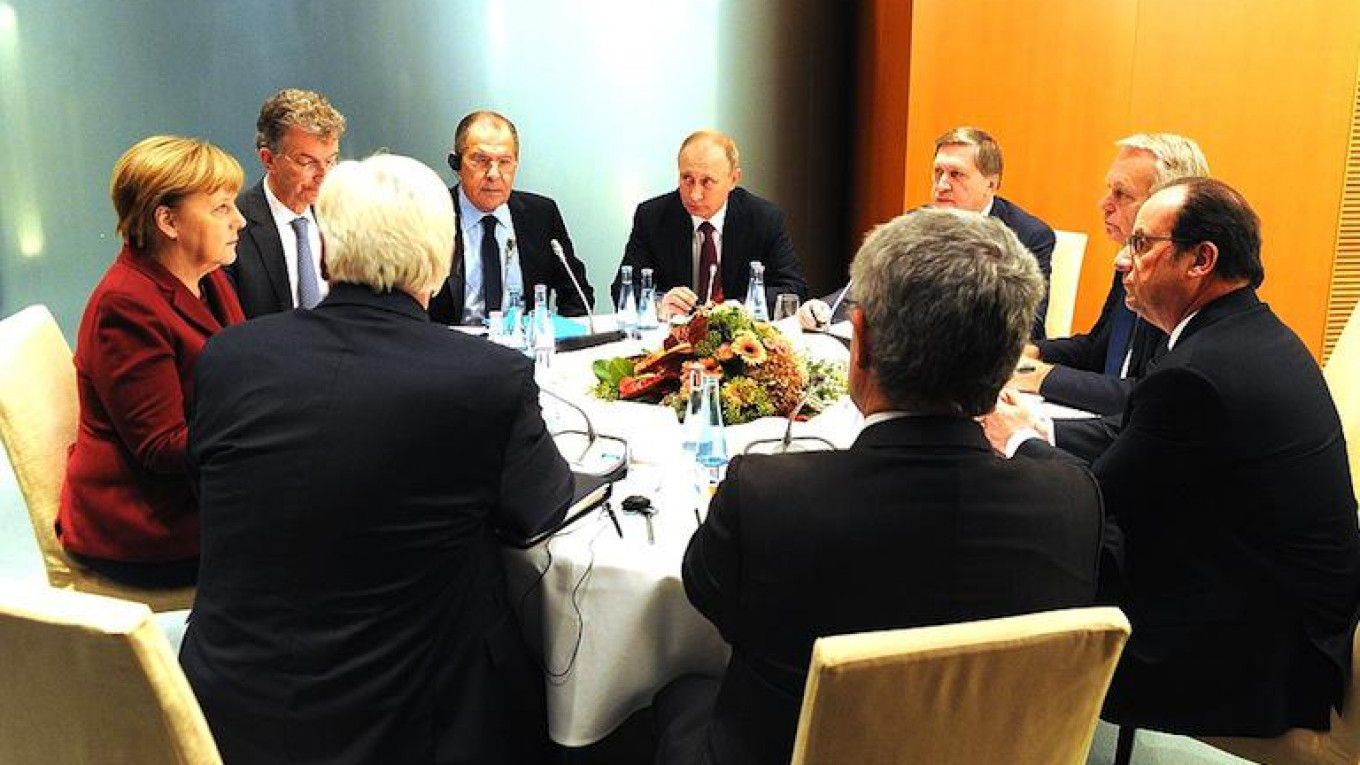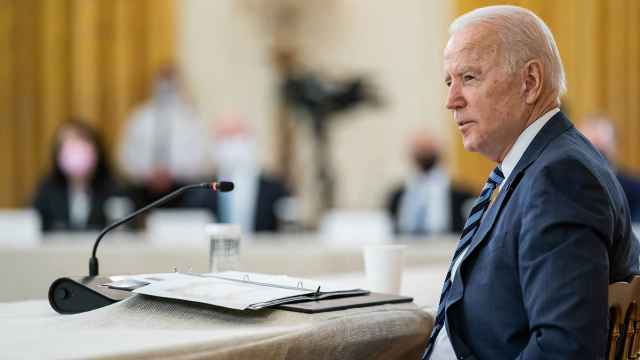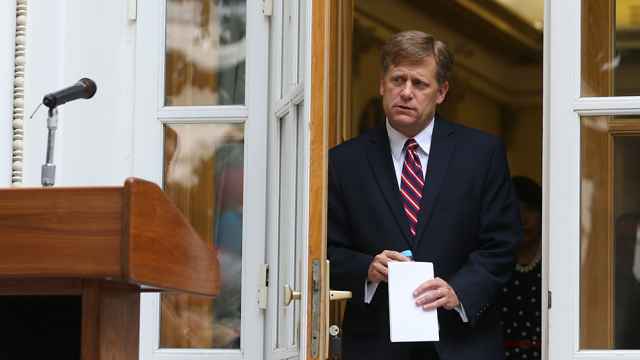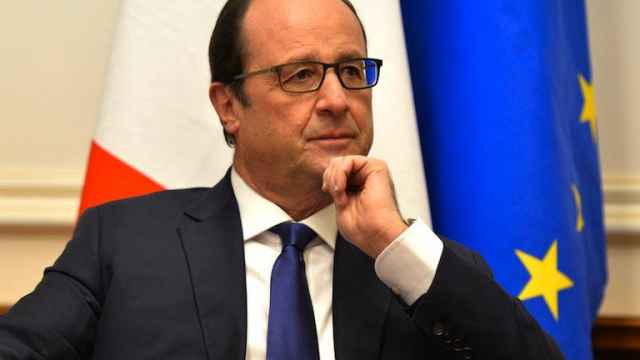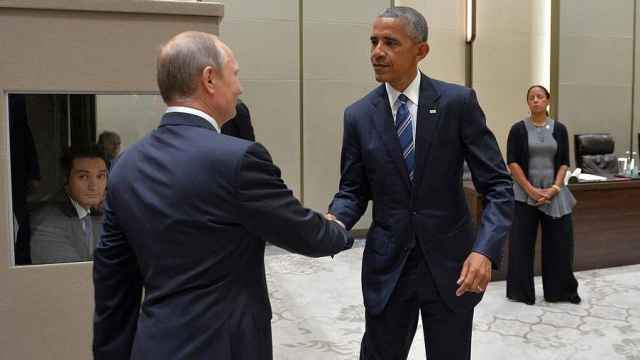Given the promise of "no miracles" it is unsurprising that the net result of the October 19 Normandy Four meeting in Berlin was to highlight how unyielding Moscow is in pursuit of its foreign policy goals in Ukraine and Syria and how little leverage the EU leaders have to induce a course correction by the Kremlin. Russia’s President Vladimir Putin gave little ground in Berlin, while Ukraine’s President Petro Poroshenko had to accept another diplomatic contraption that would intensify Western pressure on Ukraine.
A modest progress was a decision by the four leaders to task their foreign ministers to develop, until the end of November, a “road map” to implement all aspects of Minsk-2 with tight sequencing of political and security moves and specific implementation dates. This comes from earlier French and German proposals, endorsed by US President Barack Obama in his meeting with Putin at the G20 summit in China in September, to break through the negotiating logjam over Minsk-2, where Ukraine was insisting on Russia fulfilling its security commitments first, including the transfer of the border to Kiev, before Ukraine would deliver the law on special status for Donbass, the Constitutional reform, the new elections law in Donbass and the political amnesty for the separatists. The purpose of this exercise was to ensure that both Moscow and Kiev were confident they were getting their part of the bargain.
Over the weekend, talks in Minsk by the leaders’ top aides (Surkov, Audibert, Heusgen, Victoria Nuland met with Surkov in Moscow last week) failed to deliver such a roadmap, while in Kiev Poroshenko stated that Ukraine would hold local elections in Donbass only after Russia withdrew its fighters and heavy equipment and transferred control of the border to an armed OSCE mission. Poroshenko’s statement reflected a political reality in Kiev which makes it suicidal for him to implement the agreements in any other way.
There will be two things to watch in the new roadmap. One is whether it would provide for at least a partial drawdown of Russian-made heavy equipment (over 700 MBTs, over 1000 APCs and artillery pieces - a fully deployed tank army) under the OSCE monitoring to indicate Russia’s seriousness about exiting from Ukraine for good. Right now talk is about simply putting this stuff under the OSCE monitoring at their staging areas with no mentioning of the timeframe for withdrawal (Russia claims the heavy equipment is not in her possession). This might lead to a bizarre situation when the elections in Donbass would legitimize a Russian tank army inside Ukraine’s borders. Another crucial point would be the new law on elections in Donbass - whether it would allow for all Ukrainian parties to freely run candidates and campaign, and whether Donbass IDPs in other regions of Ukraine would be allowed to vote. The separatists are against this and want a Russian-style managed election in single mandate districts with IDPs excluded from voting. The election law will determine whether Russia would retain the control over Donbass through means other than war after it is “returned” to Ukraine.
Kiev may derail the roadmap, which could work as a fire hose of Western pressure on Ukraine with little pressure on Moscow. This would kick the Minsk-2 implementation and the EU Russia sanctions to 2017, when Paris, Berlin and Moscow will be distracted by their own elections.
The meeting in Berlin was the first time the EU tried to directly engage Putin on Syria, which until now was mostly a US-Russia affair. But Merkel and Hollande had only one card to play - the threat of new sanctions on Russia over its bombing in Syria. Moscow correctly read this as bluster, sensing little appetite for new sanctions in other European capitals, while factoring in the reality that the bombings of Aleppo had sucked the oxygen from earlier calls in the EU for sanctions relief.
Putin yielded nothing on Syria apart from his promise to continue the bombing pause for a while unless the rebels launched new attacks. This puts Moscow in the driver’s seat it has secured by force, while reducing the EU to a petitioning role for humanitarian relief. Moscow will keep shaping the Syrian opposition to its liking by labeling all armed groups who continued to fight Assad as “an-Nusra terrorists," while conveniently blaming Washington for “failure to separate."
The battle for Aleppo will decide whether the armed opposition will retain control of a large urban area and other contiguous territory throughout the political transition talks, or be dispersed into a decentralized insurgency. The first scenario leads to a Dayton style agreement, the second to a Chechnya solution. The thing to watch for Western leaders would be whether Putin, after Aleppo falls, blocks Assad from launching an offensive in the Idlib province, the last territorial stronghold of the rebels, dominated by an-Nusra. The war in Idlib will dwarf Aleppo in civilian casualties and displaced people, unleashing waves of refugees into Turkey and Europe. The cards to prevent this are not in Berlin, but in Ankara and Erdogan’s deals with Putin.
A Message from The Moscow Times:
Dear readers,
We are facing unprecedented challenges. Russia's Prosecutor General's Office has designated The Moscow Times as an "undesirable" organization, criminalizing our work and putting our staff at risk of prosecution. This follows our earlier unjust labeling as a "foreign agent."
These actions are direct attempts to silence independent journalism in Russia. The authorities claim our work "discredits the decisions of the Russian leadership." We see things differently: we strive to provide accurate, unbiased reporting on Russia.
We, the journalists of The Moscow Times, refuse to be silenced. But to continue our work, we need your help.
Your support, no matter how small, makes a world of difference. If you can, please support us monthly starting from just $2. It's quick to set up, and every contribution makes a significant impact.
By supporting The Moscow Times, you're defending open, independent journalism in the face of repression. Thank you for standing with us.
Remind me later.



